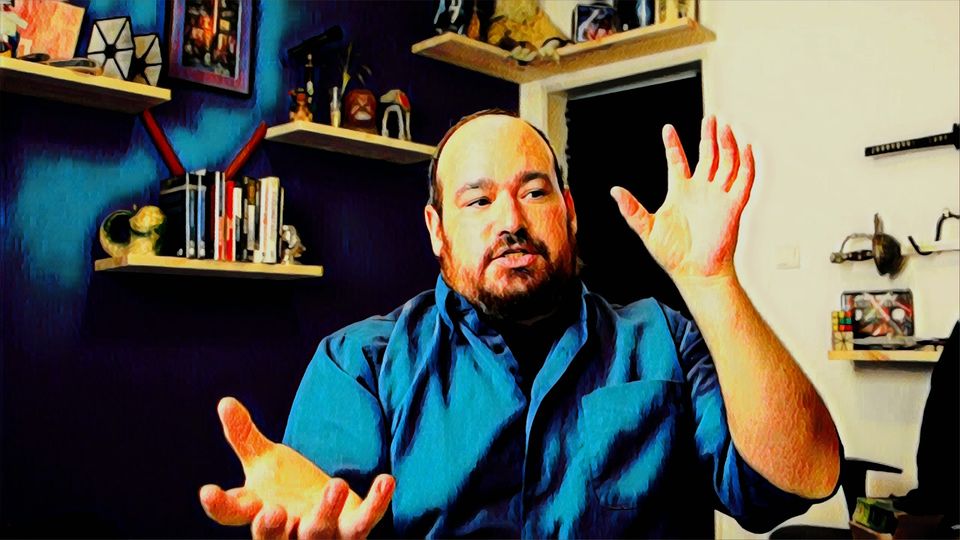
You won’t even know I’m in a wheelchair.
If all interaction is online, you won’t know.
And if #education becomes true #distancelearning, with no interpersonal interaction, students won’t know that I’m disabled.
What do I think about that?
There is good and bad to it, as with everything.
This past year I didn’t meet my students in person – we met online.
At the beginning of the course, I made clear that I am a #disabled IDF #veteran suffering from a chronic pain disorder called #CRPS – which impacts my teaching. I also let them know that I use a #wheelchair and that my #disability may impact my availability.
The students were very understanding when my disability interfered with my lectures. And it did, even on Zoom.
So, they were aware of my disability on some level. And there were points where it negatively impacted their learning.
Meeting online is supposed to be the great equalizer.
Personally, lecturing online wasn’t easy. The energy engaging online was much greater than in the classroom. It impacted the pain levels – so it wasn’t a great trade-off. I’m wiped out for the day either way.
But I didn’t have to travel as much, so less pain from that. Yay!
And full distance learning means I’ll be even less engaged with the students, which should mean less pain.
But.
Well, meeting online means students don’t have a wheelchaired lecturer suggest they sit down to meet him at eye level when they ask for a few minutes after class.
And they don’t see the complexity of a disabled instructor arriving in the rain (which raises my pain levels A LOT) and pushing through the pain to do his best to be a productive, active member of society.
This year they barely got a glimpse.
And it means something when a professor rolls around in a wheelchair engaging in difficult discussions on important topics while clearly in pain.
Doesn’t it?
And that experience is significant.
Right?
Just as, if not more so, than the material from my research, no?
I mean, I hope the experience influences my student’s perspective on people with disabilities. And challenges any preconceived notions about disability in the public realm and business.
I hope it encourages them to push through, to strive, for their families, businesses, and society.
And, while the students this year were aware of the CRPS impacting my focus and ability to transmit the message, they didn’t have the experience of a professor rolling around the room challenging their thinking.
And if we go “full distance learning,” they will not experience my disability at all. I can edit and rerecord every pain pause and garbled message.
So, what do I think about online full distance learning?
I think there is more to #University education than most believe. It is so much more than the material taught.
Some things you need to experience.
Studying #strategy and #leadership with a wheelchaired IDF veteran #academic suffering from CRPS may just be one of them.


